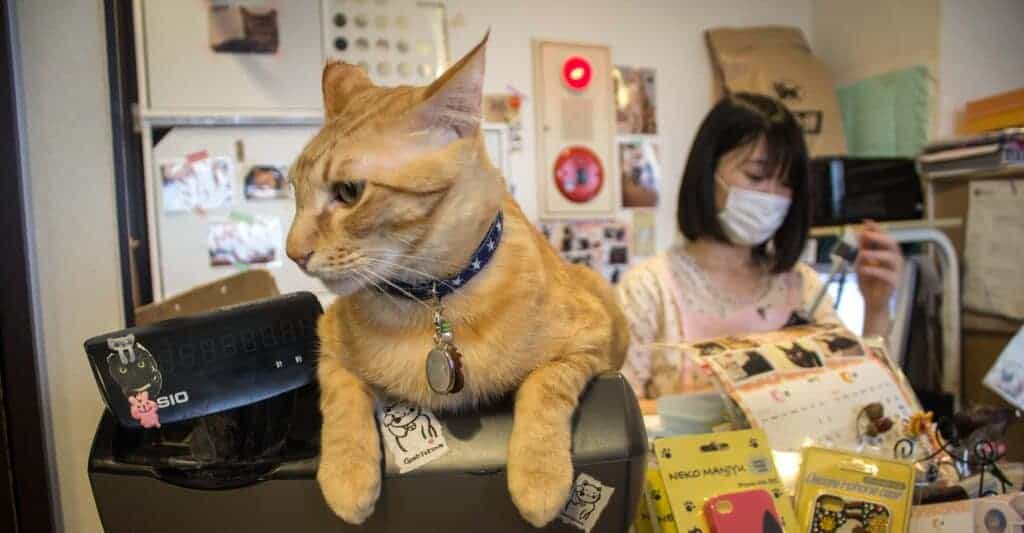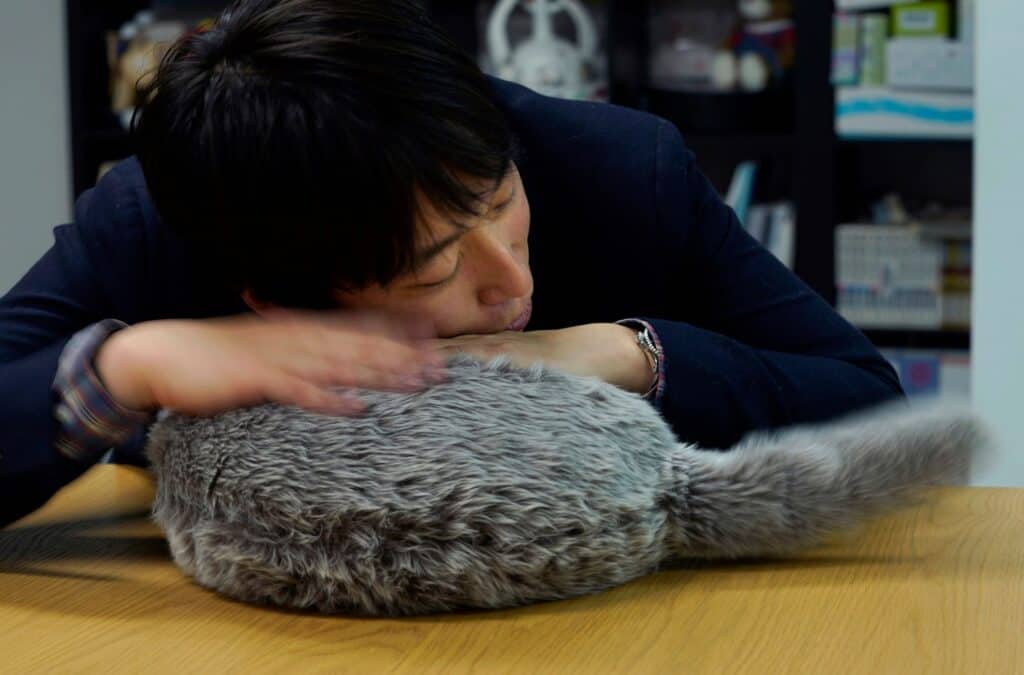Why Japan prefers pets to parenthood? Check it out here!
In Japan, a fascinating cultural shift sees many opting for pets over parenthood. This preference reflects deeper societal trends, such as urbanization, financial pressures, and the pursuit of personal fulfillment.
The companionship of pets offers a simpler, affectionate alternative to the complexities of raising children in contemporary Japan.
Page Contents
Why Japan Prefers Pets to Parenthood?
A developing country like Japan prefers pets to parenthood. The reason for this is because Japanese people have no time for romantic relationships with very little interest in sex. The work lifestyle is very stressful and the cost of living is higher than most of the countries around the world with high taxes.
Why Japan Prefers Pets To Parenthood

In Japanese culture, pets have now been fully incorporated into the family system as they are considered family members. The most popular pets in Japan are dogs and cats of small breeds. Small breeds are preferred as they are easier to manage and can be taken care of without any hassle.
However, the population in Japan is becoming a major concern as the population is shrinking dramatically due to low birth rate.
The plummeting birth rate has become an increasing cause of worry as the city advances further. If we speak statistically, there are 23.3 million pets in Japan while only 17 million children aged under 15, according to the Japan Pet Food Association.

There’s also a dramatic decline in Japan’s birth rate that can be noticed among recent years.
In 2020 the birth rate was 7.301 births per 1000 people, a 1.3% decline from 2019.
In 2019 it was 7.397 births per 1000 people, a 1.28% decline from 2018. The difference seems less, but only because the initial birth rate has already been set at a shallow rate.
There are many reasons why the Japanese do not want to have babies. Here are some reasons that you’d want to know:
Many Japanese Are Not interested in romantic relationships
One of the reasons why the Japanese do not have babies is due to the lack of interest in sex. The reason for not being interested is because they want to avoid romantic relationships. Japanese people find romantic relationships bothersome that hampers their work and lifestyle.
Unstable jobs, lower-income conditions among men are also one of the reasons for despised sexual activities. 32% of men dislike sex due to fear of rejection from Japanese women. Japanese kids have become geeks, only interested in technology and gadgets with no time for real-life relationships and commitments.
As sexual intimacy is less, there is also a decline in the purchase of contraceptives and even the abortion rates have dropped. This is due to the country’s lagging libido since the last decade, as reported by The Guardian.
Japanese kids grew up watching their parents live their lives as married couples. Hence, it disinterests them to get married because they don’t find it attractive.
For the males, it just means working to pay his wife and covering his kids’ needs whereas, for females, it’s about serving her spouse and children for the rest of her life. In Japan, marriage is a prerequisite to having children. Only 2% of the population have had babies from wedlocks.
Prostitution in Japan is affordable at a little more than the cost of a decent lunch. It’s something that is easily accessible for all (most) of Japanese men barring them to have babies.
Related: how Japanese call their parents
Extreme Work Lifestyle
As Japan develops further, the work culture becomes dominant in their lives. Extreme work pressure leaves no room for them to have time for family or themselves. Since there is a lack of time, they prefer staying single.
Also, people in Japan are hardworking. They leave their house early in the morning and take the last train back home every night.
A Japanese word invented in the 1970s called “Karoshi” means death by work overload which is quite usual in Japan. Employees are extremely stressed out with their work-related stuff which declines their mental health.
Managing kids with work is like juggling balls in your hands. It is impossible to manage both at once in Japan as the maternity leave is for a short while.
The women have to report early for work and are expected to work until late at night making it tough for them. Working culture in Japan is not very great to allow parenting children at the same time this is why Japan prefers pets to parenthood. However, for the first time in 2018, working mothers topped 70%.

High Cost of Living in Japan
If you’re living in Japan, you better make good money to live a tension-free life. Space in Japan is extremely limited. The cost of living is high in terms of house rent, basic commodities and most importantly, raising a child.
Compared to the US, the cost of consumer goods is 14% higher and groceries are 17% higher in Japan. Japan tops the list of being one of the most expensive countries to live in.
Parents have to sponsor their children’s education as they do not get independent at this stage. Unlike in the US, Japanese kids do not leave their parents home. They continue to live in the same house until they get married which is why Japan prefers pets to parenthood.
Also, women wait to have children. They are not ready to have children as soon as they get married because they want a hassle-free life. The salary is also limited and only sufficient for themselves. It also takes away their independence.
Japanese people are happy with pets as they require low maintenance with the same kind of attachment, love and care. Balancing work and maternity is quite difficult especially with long working hours making it impossible for parenthood. Living in Japan is expensive and it is hard to afford a baby. Hence, this is why Japan prefers pets to parenthood.
Why Japan Prefers Pets to Parenthood: FAQs
Why do the Japanese love pets?
The Japanese love for pets is not something new. It can be traced back to the 5th century when Buddhism came to Japan from China. Buddhist monks brought along with them many animals, mainly dogs.
These monks would take care of the animals, and the animals would be treated like family members. This showed the pets some affection, and the monks got a big thank-you present in the form of loyalty.
Why are pets so expensive in Japan?
Pets are expensive in Japan as each pet breeder has to pay a hefty amount to attain a license. Another reason is that these pets are prone to multiple diseases for which the shots are pretty expensive.
Are there any requirements to adopt pets in Japan?
You have to register your address and contact info with the Animal Quarantine Center to obtain a permit. If you live in a condominium or apartment complex, you have to get permission from your building manager or condo owners association.
Once you get the permit and permission, you can start looking for pets in adoption centers.
Have pets outnumbered children in Japan?
According to the Japanese government statistics, the number of pets owned in Japan has outnumbered children for the first time in history. Over 1.5 million pets were registered in the country as of March 2011, compared with just over 1.48 million children younger than 15.
What percentage of people in Japan have pets?
According to Japan Pet Food Association, the number of pets is 13.8 million in Japan including 1.6 million dogs, 10 million cats, 3 million birds, and 0.5 million other mammals such as rabbits, hamsters, and guinea pigs.
Also Read:





